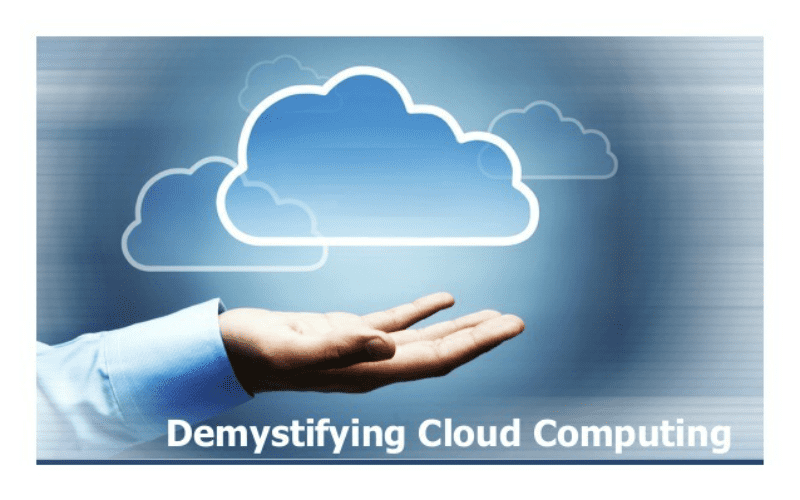Cloud Computing is becoming more popular in the market and small and large businesses are adopting this solution for their online and offline business.
Since the emergence of cloud computing in the late 90s, some myths and truths about the solution cause some people fail to take advantage of the benefits this service brings.
Listed below are the most common myths about cloud computing. Check them out!
1. The investment in this service is very high
One of the reasons companies do not migrate to the cloud platform is that they think the investment will be very high. But this is not true. The cost of licenses, software installations, and upgrades are much smaller than we think. The data is available on the cloud servers and all the maintenance is service providers’ responsibility. In addition, you pay only for what you use because of its scalability.
2. Cloud is not safe
This is a myth that causes many people have doubts about the solution, after all, the most important data of your company cannot run rich exposure.
Contrary to what they say, Cloud uses encryption, access keys, and constant monitoring so that all customer information is always protected.
3. The migration to cloud takes a long time
The Cloud offers different ways to deploy and application migration, always prioritizing the user’s freedom. From more traditional models such as FTP or more modern forms like Docker, GIT, and SVN.
4. Cloud is complicated and difficult to access
Cloud computing brings flexibility to increase or decrease the size of your application, in addition to reducing the costs, it allows the service user to easily access the information using Smartphone, Laptop or any other device that is connected to the internet.
Want to know more about Cloud Hosting Services? Visit MilesWeb.








